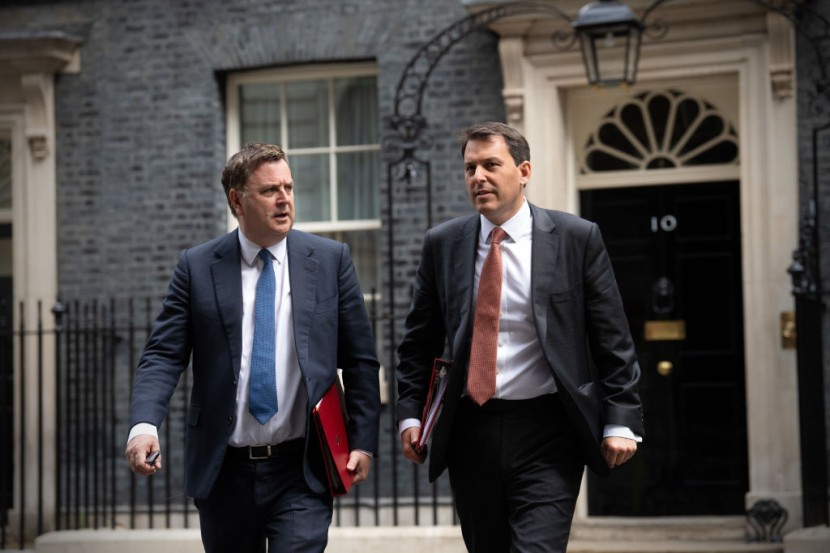
The UK government is on the verge of being charged with contempt of court for its delayed and neglected response to transparency requests over the use of artificial intelligence (AI) to deal with welfare claims with the Department for Work and Pensions (DWP) unless Downing Street does something, according to British information commissioner John Edwards.
Over the past two years, the DWP increasingly deployed machine-learning algorithms to detect fraud and error in universal credit (UC) claims while government ministers remained tight-lipped about the system, The Guardian reported.
The civil liberties and privacy campaigning organization Big Brother Watch described the government's practice of confidentiality in such matters as the DWP refusing freedom of information (FOI) requests and blocking questions from members of Parliament (MPs), citing that the divulging of such details would enable fraudsters to take advantage of the system. The group's director, Silkie Carlo, called the DWP's refusal of legal requests for information about the use of powerful technologies running a high risk of causing unfair and discriminatory impacts on some of the UK's most vulnerable people was "totally unacceptable."
At the same time, child poverty campaigners like the Child Poverty Action Group said the impact of AI tools on children could be devastating if benefits were suspended. The group's head of strategic litigation, Claire Hall, said while the reduction of fraud would be possible with AI, using such tools would have real-life implications for families in poverty who got caught up in their deployment. She added the DWP should let go of its culture of secrecy and provide meaningful reassurance of the fairness of such tools.
Read Also: UK Flight Delays Could Last for Days, Says British Transport Minister
Info Commissioner Warns DWP of Potential Contempt of Court
With these concerns pointed out, the UK's information commissioner John Edwards, warned the DWP that it could be in contempt of court unless it changed its approach to sort the matter within 35 days, the terms under which it could release more information.
In March, Edwards told the DWP to improve its broader handling of FOI requests, complaining of a consistently poor level of performance. The commissioner's office also complained about the department's improper reading of requests.
Edwards's office ordered the DWP to set how it might be able to respond to The Guardian's request by September 22.
Meanwhile, The Guardian asked as early as 2022 what information was fed into the algorithm to help it decide who might be cheating, which companies were involved, and for the results of a so-called "fairness analysis" of disproportionate impacts on ethnic minorities, older and disabled people, and many others with protected characteristics.
The DWP refused to comply with the outlet's request as of this report.
DWP Would not Budge
After Edwards's office was informed of the outcome of the request, a decision notice was published, saying he was disappointed with the DWP's failure to consider the request based on its clear, objective interpretation, as well as incorrectly interpreting the request.
The information commissioner also expressed frustration with how the DWP changed its reason for not releasing information almost a year after the request was first made, creating a new delay in the process.
The DWP initially claimed releasing the information would harm the prevention or detection of crime and that it would prejudice commercial interests. However, the department reversed its narrative last June, saying it would cost too much to gather the information, such as the volumes of material about the AI system on government computers.
In addition, experts from the United Nations (UN) warned that extending the UK's "digital by default" welfare system with machine learning and without greater transparency risked creating serious problems for some benefit claimants.
Despite this, the DWP insisted it was entitled to refuse to comply with a client's request based on cost, as defined by the FOI Act.




